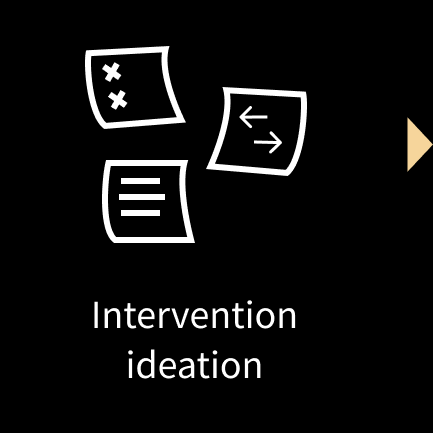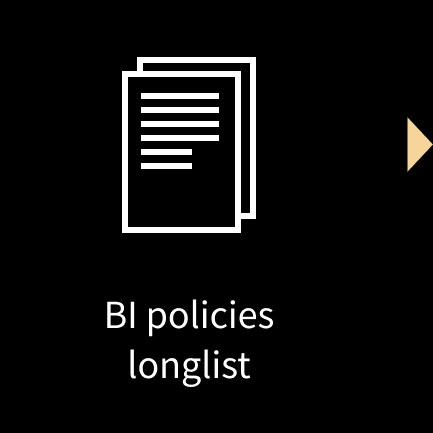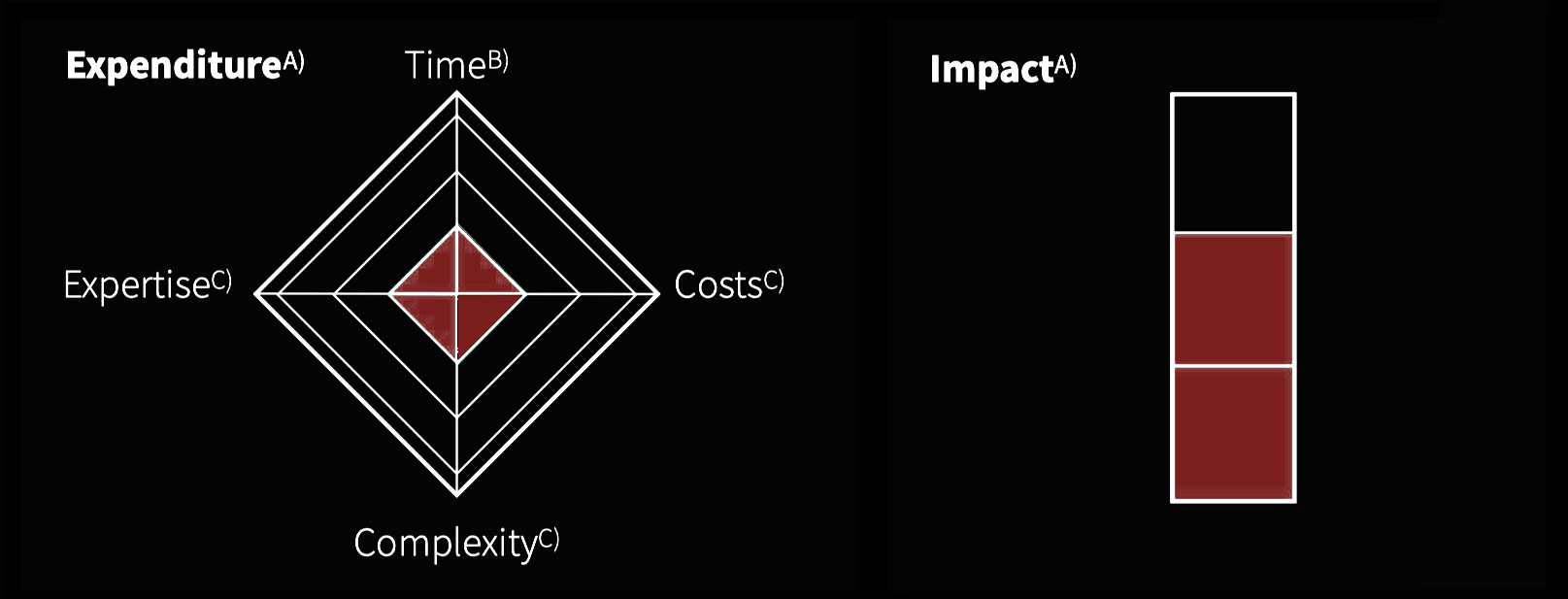
Swiss Federal Office of Energy (SFOE)
How can we use behavioural insights to develop innovative solutions supporting greater energy efficiency in Switzerland?
Public Organisation | Energy Efficiency | Global Research & Policy Recommendations | Research and Behavioural Interventions Report
Context
As part of the Swiss energy strategy 2050, the Swiss Federal Office of Energy (SFOE) aims to include innovative approaches alongside existing regulations and traditional energy policy instruments to meet climate protection goals. Inspired by the power of behavioural science insights, it commissioned a comprehensive report and catalogue of behavioural-science-informed approaches to increase energy efficiency and renewable energies in the Swiss industry and service sector.
Challenge
How can we use behavioural insights to develop innovative solutions supporting greater energy efficiency in Switzerland?
The challenge was to create a first comprehensive research report outlining the potential of non-technical behavioural science solutions, to identify and discuss key motivators and barriers to energy-efficient behavior, and to develop a repository of easy-to-implement interventions that can be applied in small and medium-sized Swiss enterprises (SMEs) in the future (see CKW case study).
Approach
Firstly, after collaboratively defining the main target group and subgroups of SMEs, Affective conducted a comprehensive literature review on relevant behavioural insights related to energy efficiency.
Secondly, Affective recruited and conducted qualitative interviews with representatives of the target group (SME representatives) to better understand the Swiss business context and compare it to the findings from the literature analysis. The team compiled a comprehensive overview of the main motivators and barriers as well as the behavioural levers for change in future.
Thirdly, based on the gathered insights, Affective developed a longlist of potential behavioural policy interventions in an iterative process with the project team of the SFOE, focusing on measures for increasing energy efficiency and renewable energy usage in Swiss SMEs.
Fourthly, the teams of Affective and SFOE members discussed and reviewed the developed behavioural policy interventions in further detail, primarily evaluating the fit for the Swiss SME context.
Fifthly, based on the review results, the team prioritised and shortlisted selected behavioural policy interventions which were ultimately further detailed with implementation and evaluation plans for each intervention.
In the last step, Affective consolidated a final insights report, which was published by the SFOE and also in the Observatory of Public Sector Innovation (OPSI).







Concepts
As a result of the extensive desk and primary research, Affective identified and qualified several behavioural science concepts and methods, which have an impact on energy behaviour in SMEs. Selected concepts include among others:
Social Norms
Commitment & Goals Setting
Framing & Labelling
Defaults & Physical Changes
Feedback & Reminders
Gamification
Deliverables
The result of the project was a comprehensive yet accessible and easy-to-read research report summarising relevant scientific findings from academia and best practices as well as new insights on motivators, barriers and other influential factors to energy efficiency in Swiss SMEs (Example 2). The report is complemented with a selected list of behavioural interventions to increase energy efficiency and usage of renewable energies in SMEs.
In addition, three pilot projects emerged from the intervention catalogue: for example, the behaviourally-informed adaption of an energy power bill and the elaboration and implementation of energy efficiency quick wins for SMEs.
Example 1: Behavioural Insights Report
As part of the report, eleven behavioural science-informed intervention ideas were presented. The objectives, descriptions, implementation scenarios and effects relating to these eleven measures were presented in greater detail and evaluated on different dimensions like expenditure and impact (see Examples 2 & 3). A detailed version of the report containing validation scenarios and metrics is available upon request.
Example 2: Dimensions for evaluation
Example 3: Extracts from the intervention catalogue.
Reference
“Affective was an excellent partner in the development of behaviourally informed policy interventions. The team quickly understood the specific context and challenges we faced and delivered accurately, comprehensively and efficiently. Their expertise, quality and commitment are remarkable and make them a trusted and reliable advisor.”
Paule Anderegg, Industry & Services Specialist, Swiss Federal Office of Energy (SFOE)



